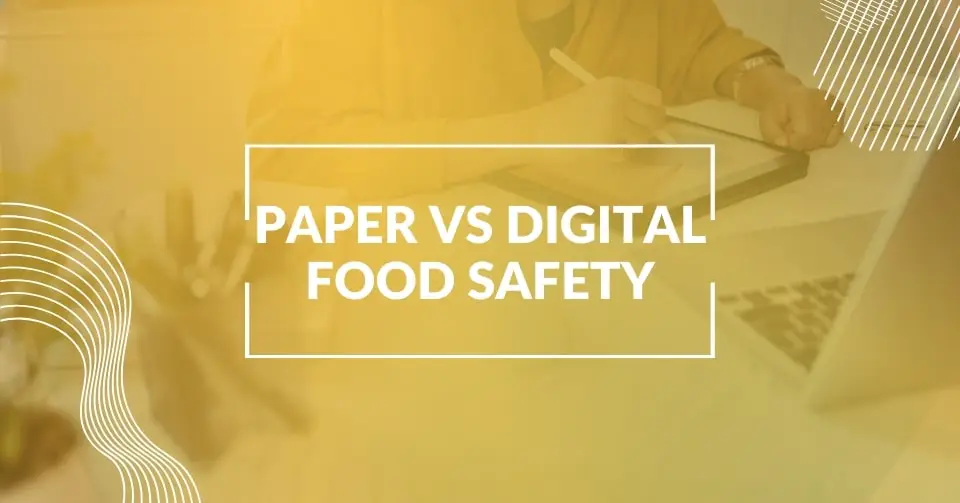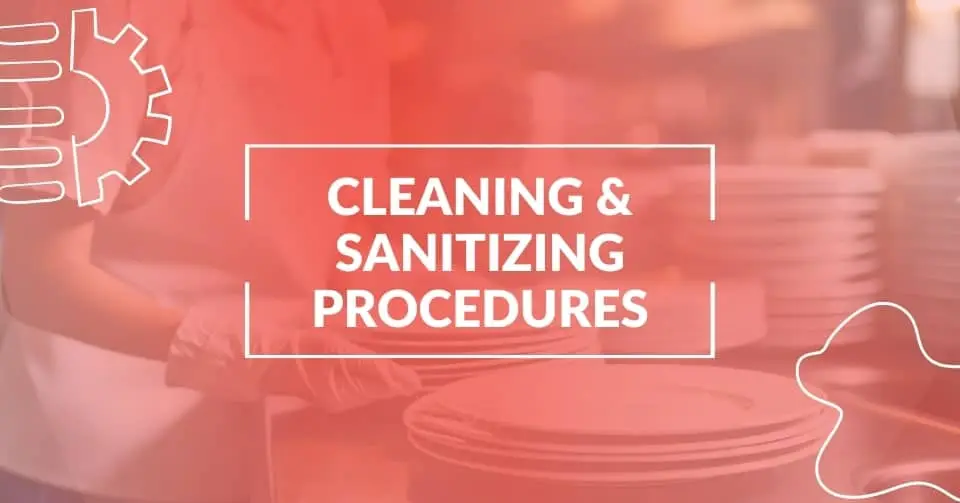Dry food operations are difficult to manage. They are called dry operations not only because the finished product may indeed be dry, but also because the individual ingredients must be kept dry. Moisture creates a greater risk for the pathogen Salmonella in the environment and in the food. It may be more uncommon for salmonella contamination to occur in dry operations, but it can affect huge amounts of consumers. This is an important reason a HACCP plan for dry food operations is needed, so biological hazards do not contaminate your products. FoodReady has HACCP plan templates you can customize for your business, including chocolate HACCP templates and dry processing templates.
Try it out today!
Dry Storage Is an Important Step in a HACCP Plan
Dry operations largely involve dry ingredients such as: powders, spices, gums, thickeners, vitamin and mineral blends, flour, salt, and sugar. All food companies need to have dry storage for their dry ingredients and is an important step in your HACCP plan. For every dry ingredient purchased by a food facility, there is a food company making that dry ingredient.
Cleaning and sanitizing in dry operations is necessary, difficult and part of every HACCP plan because most dry operation production does not stop. If the equipment can keep running, the company keeps it running! Most dry-ingredient manufacturers do business on a small profit margin, and so they cannot afford to shut down. If the processing equipment shuts down for cleaning, it can be a big deal and may take days or a week to make repairs, clean, clear the lines, sanitize, completely dry, and then start back up. On top of that usually a large percent of the first product out needs to be disposed of in case a pathogen in the lines was cleared at startup. The expense is huge.
In Some Operations, There Are Pieces of Equipment That Are Never Cleaned
In some operations, there are pieces of equipment that are never cleaned. What happens is, it is just impossible during a normal shutdown to take apart and open and clean some machinery. If a recall were to occur, that would mean there was never a clean break. FDA asks companies when the last clean break occurred. When a company has a clean break they also have evidence that will shorten the span of a recall back to when the clean break occurred. An example of machinery that is never cleaned are chocolate holding tanks. This is standard practice throughout industry.
How do you handle a recall when some of your equipment is never cleaned? Must the company recall all products in the market with that specific chocolate?
Without a clean break in production, how do you determine how far back to go for a recall?
One method is to stop production, call in a consultant to investigate, and collect hundreds of swabs to determine the root cause and source of contamination. This takes a tremendous amount of time, and in the meantime you must inform the public of the recall to protect them.
Schedule an Annual Shutdown for Cleaning and Repairs
I have been told the best process in dry operations is to schedule an annual shutdown for repairs and complete cleaning and sanitizing in addition to your regular HACCP plan cleaning and sanitizing. This is enormously expensive, but if you compare the cost of a recall you will find it’s worth doing, and also you are protecting your brand reputation and your customers.
FAQs
Some foods can be safely preserved by drying or dehydrating them. Fruits such as raisins, apricots, and plums can all be dried for preservation.
Air drying, sun drying, heat pump drying, microwave drying, fluidized bed drying, and cabinet style dryers are some of the ways food processors dry food to preserve it.
The process of blending dry materials together.






